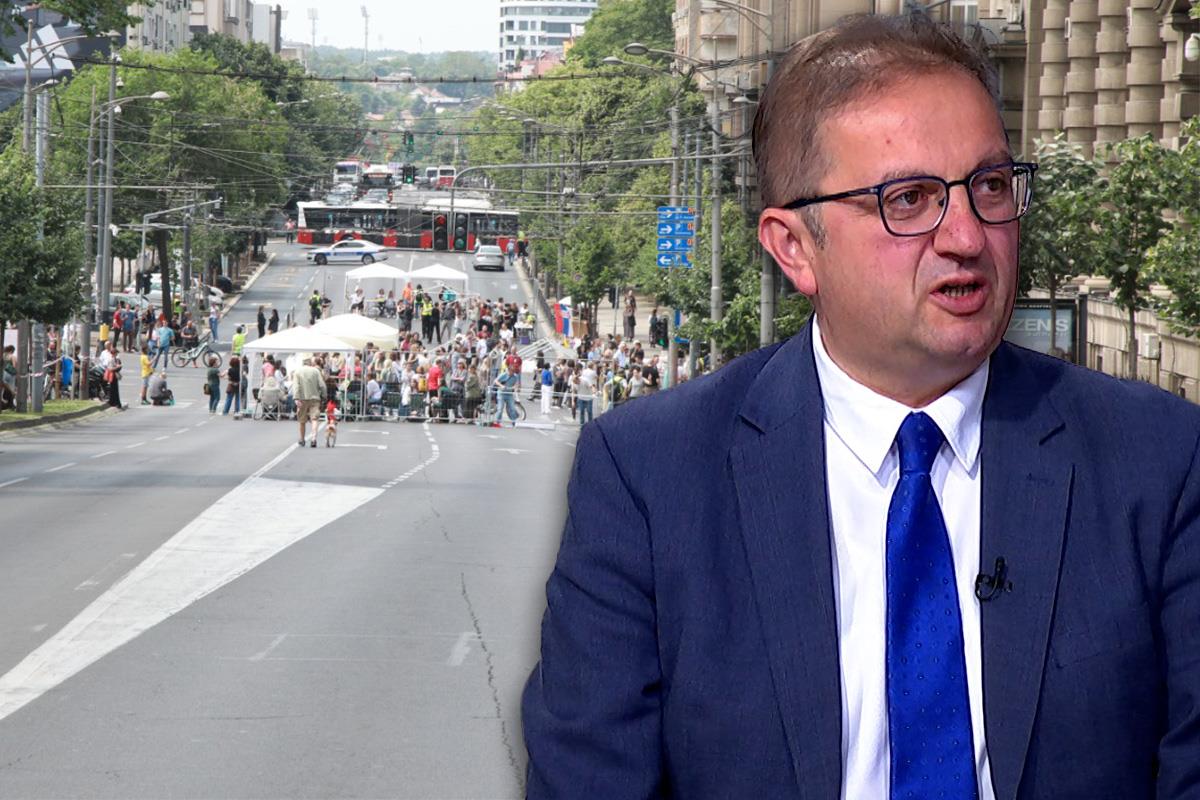Professor Stevica Deđanski stated that the blockades in Belgrade carried out by students are actually politically motivated and that behind them are activist professors, not students. He claims that students are not involved in the protests and that the blockades are an attempt to provoke aggression and tension in society. Deđanski emphasized that the organizers of the blockades are interested only in power and money, not academic demands. He also commented on local elections and the problem of the opposition, which lacks people on the ground and does not offer concrete programs. The topic is presented as a conflict between the government and the opposition, with an emphasis on political manipulation of the protests.
Political Perspectives:
Left: Left-leaning outlets tend to emphasize the students’ right to protest and highlight the social and economic grievances that motivate the protests. They may criticize the government for labeling students as political activists and delegitimizing their demands. The narrative focuses on the need for dialogue and addressing systemic issues in education and governance.
Center: Center-leaning sources present a balanced view, acknowledging the political aspects of the protests while also recognizing the students’ concerns. They report on statements from both sides, including government officials and protest organizers, and emphasize the importance of peaceful resolution and democratic processes. The narrative is more neutral, focusing on facts and multiple perspectives.
Right: Right-leaning media emphasize the political manipulation behind the protests, often portraying the students as pawns of opposition activists and professors. They highlight the disruption caused by the blockades and stress the need for law and order. The narrative supports the government’s stance that the protests are not genuine student movements but politically motivated attempts to destabilize the country.











